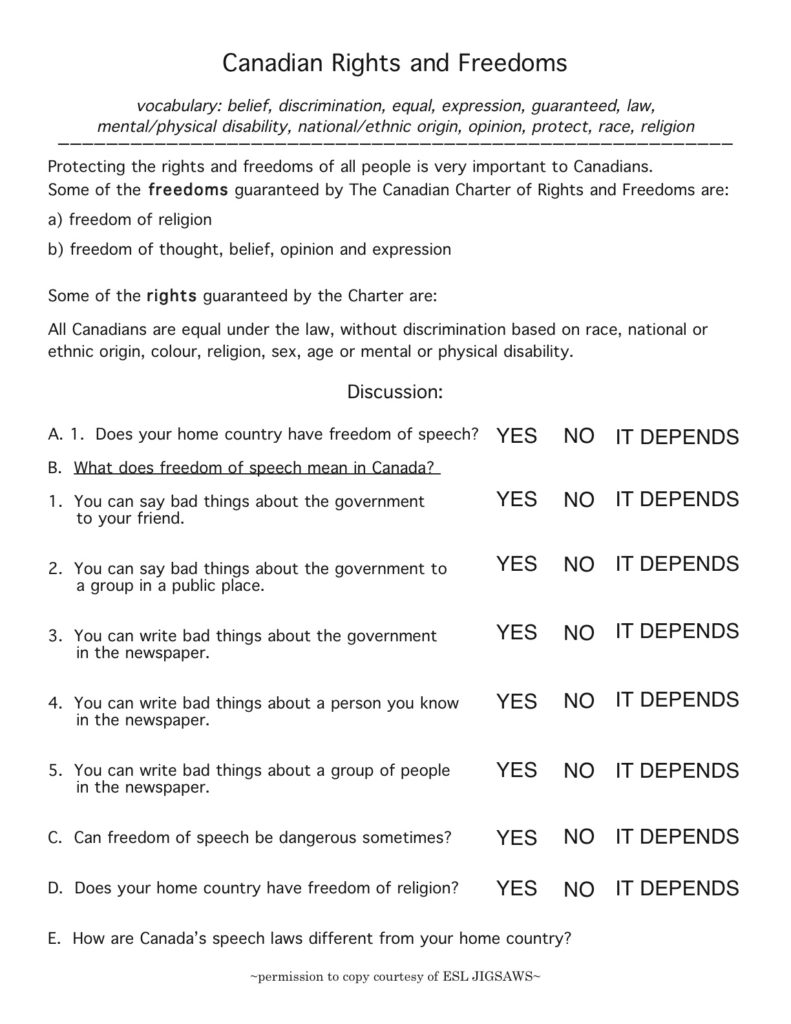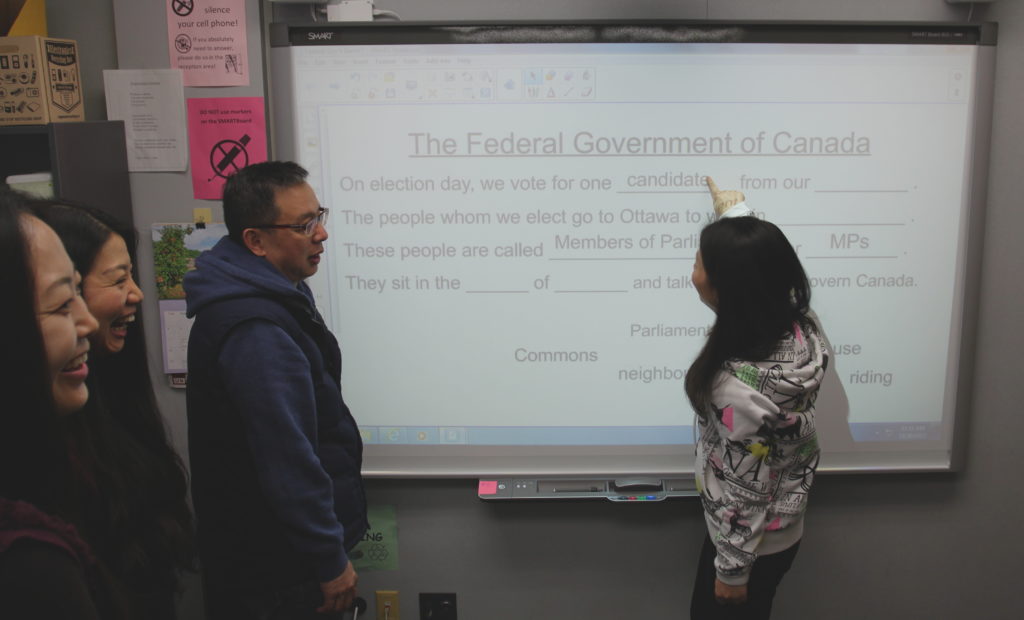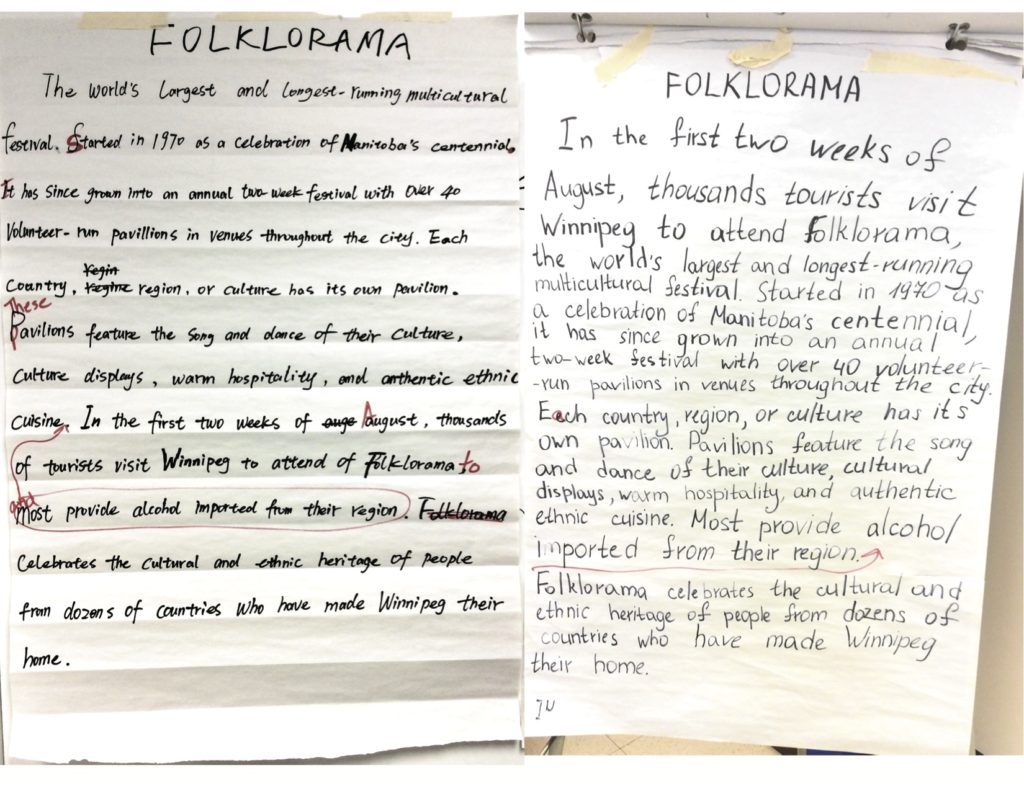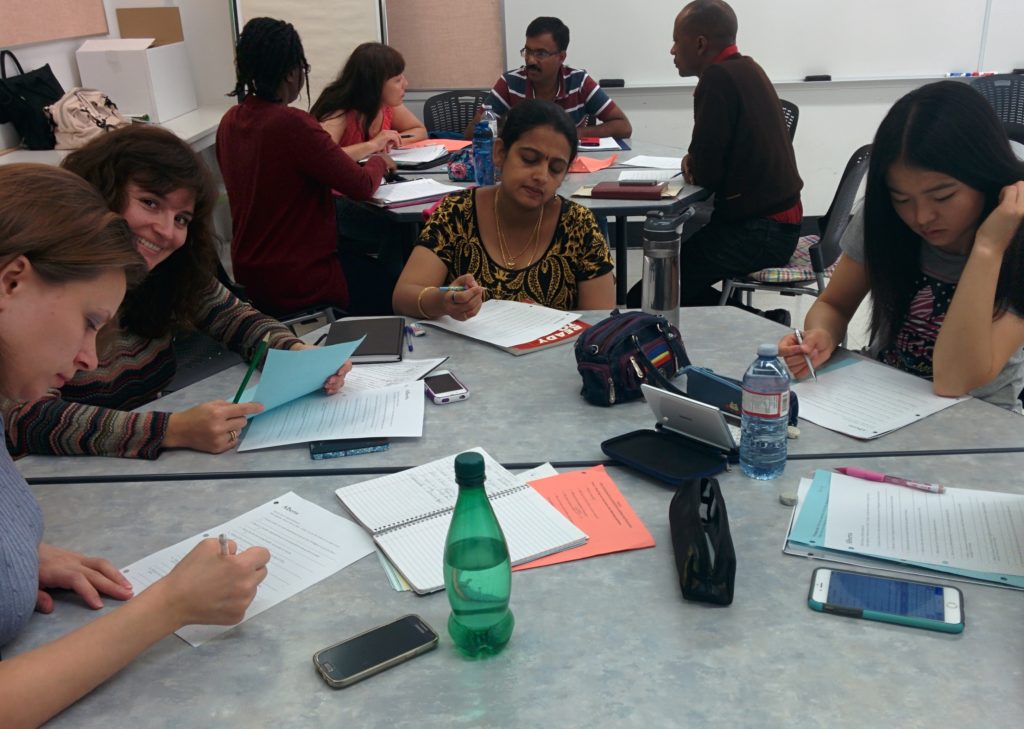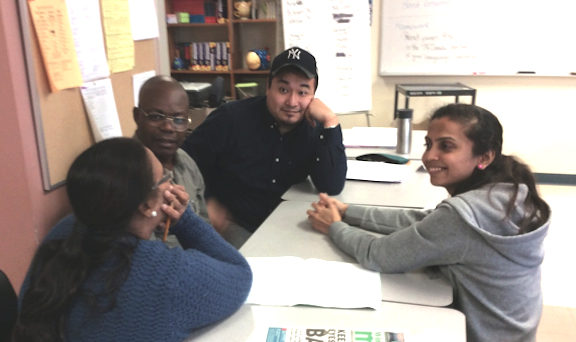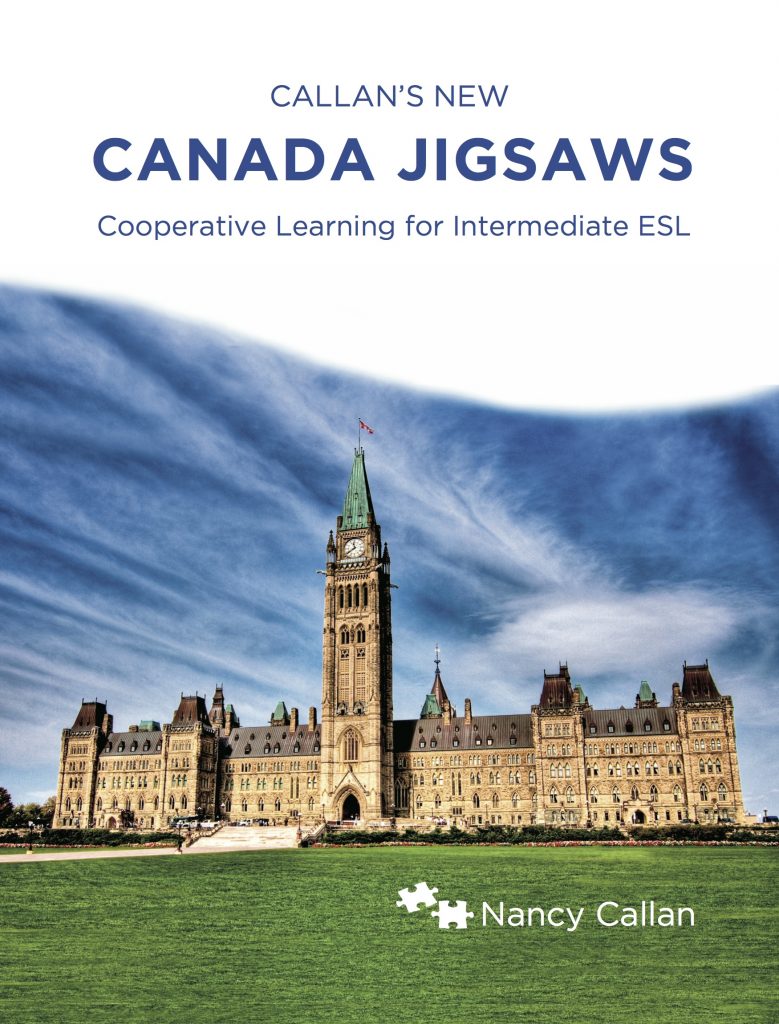Discussion of the Canadian Charter of Rights and Freedoms can make for an interesting conversation class for intermediate ESL or preparation for citizenship.
Students often assume freedom of expression is the right to say anything about any person or about the government. You can let them know about libel laws and Canada’s Hate Speech Laws. Unlike the United States, the Criminal Code of Canada prevents “hate propaganda”. Is this a good thing? Why do we have those laws?
Freedom of religion is not something that exists in all of our immigrant ESL students’ home countries. Falun Gong is an example of a religion banned in China. Should all religions be allowed?
The right to be free from discrimination is a right most immigrants appreciate. What it means in practice, however, is something that often surprises students. Does it mean if you are a landlord that you cannot decide which ethnicity of people you want to rent your apartment to? What about if you are running a business? Isn’t it up to you if you prefer to hire one gender over another for a specific position?
The following worksheet can be used as a springboard for discussion on this topic. You are welcome to download and copy it for use with an intermediate ESL class. (Click on the image below.)
